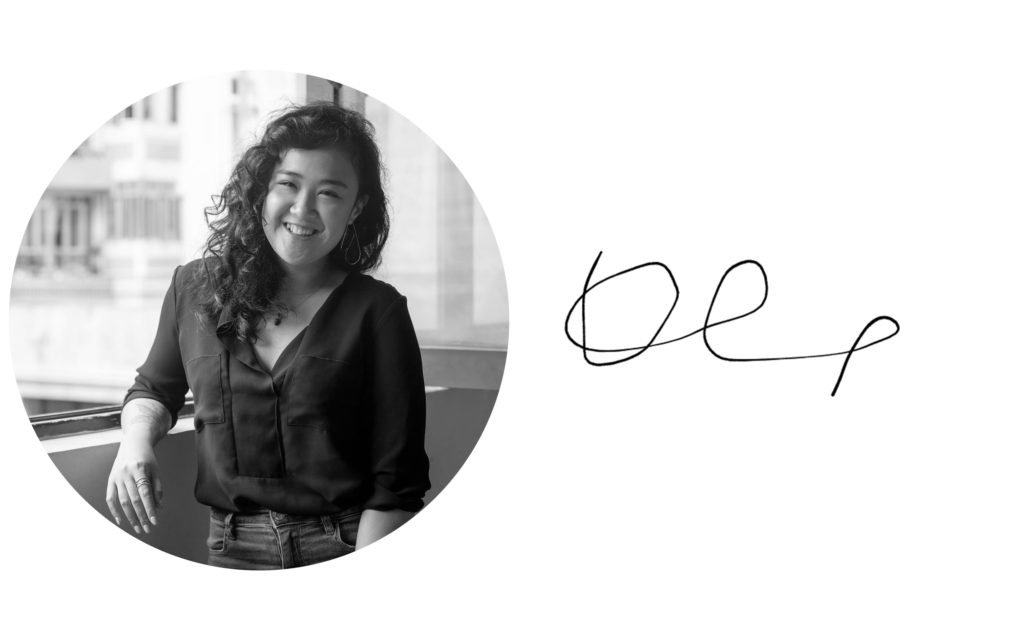
Imposter Syndrome – How to Recognise It, How to Deal With It
Imposter Syndrome — who has not heard of it? Or even identified with it? In the age of entrepreneurs, freelancers, side-hustles and young, fierce women breaking up with the career ladder to launch their own meaningful businesses, this term has been thrown around a lot in trust circles, therapy sessions and definitely heart-to-heart talks.
The signs were there
I personally did not think much of it, until it was pointed out to me by my therapist. Sure, I knew I was a perfectionist who did not deal well with critics. Yes, I squirm every time someone gives me a compliment or says something nice about me. And never did I ever brag about my achievements. But I’ve always thought these were good traits — I was being humble after all.
“Always stay humble and pretend you don’t know anything,” my Chinese and extremely traditional grandmother warned, “never brag. Let people think you know little, it’s best to abstain from pride.”
Her words rang in my head like a mantra, backed by her personal rule of insisting she knows nothing so not to reveal her true self or let others ever think she is prideful in any way. She came from a culture of women seen as obedient, inferior and a servant to their husband. But as a child, I only knew to take her instructions at face value. So as I made my way from university into the working world, I heeded her advice and kept my head down, letting my work speak for itself.
But as I ventured into a freelancing career and eventually the entrepreneurial world, I began asking myself, where should I draw the line between pride and self-advocacy? How can I put myself out there in an authentic way, when there will always be someone better than me, faster than me, and works harder than me? How can I ever say I’m good at something unless I’m the best of the best, or in other words, perfect?
Your thoughts are unimaginably powerful. My self-doubting thoughts translated into actions, which turned into habits. Habitually apologising, failing to establish clear boundaries with clients, under-charging and not making clear my worth and value in partnerships. I abstained from networking opportunities in fear of not being good enough to be there. Most of all, I felt ashamed for owning my accomplishments. I always contributed my work to help from others which without could not have been possible — and if I can do it, anybody can.
History of the syndrome
Imposter syndrome, or imposter phenomenon when it was first introduced in 1978 by Dr Pauline R. Clance and Dr Suzanne A. Imes, was defined as “an individual experience of self-perceived intellectual phoniness”. It was found in a survey that 70% of people from all ways of life would have felt like imposters at some point in their career.

There are broadly six potential traits of imposter syndrome, namely:
- The Imposter Cycle where success is attributed to just luck or hard work,
- The need to be special or the very best,
- The superman/woman aspects where you expect yourself to execute everything flawlessly,
- Fear of failure,
- Denial of competence and discounting praise,
- Fear and guilt about success.
Sounds like you too? Having at least two of these characteristics can already be considered as having imposter syndrome, and this is often coupled with anxiety, self-doubt, stress, fear and depression. Overall, it is not a great thing to experience on a daily basis, and could seriously hinder your success, happiness and mental wellbeing.
How can one overcome something crippling like this then? The first step, like most things in life, is acknowledgement without judgement. By becoming aware of these traits and how they function, you can better understand yourself without attaching meaning and criticism.
Of course, it is always a process to overcome your own thoughts, but knowing you are your own worst critic is half the battle. The next time you start to chastise yourself over your mistakes, or shy away from an opportunity when you think you’re incapable, take a moment to question this thought. Is it possible to reframe your mindset into one of learning and growth? Could you drop the crazy expectations of yourself and accept yourself just as you are, knowing you are enough?
If you barely know who you are, which is where I was about a year ago, then look to your values and what makes you happy. Learn to listen to the voice within, and make space for all the feelings, even negative ones. Especially pay attention to your frustrations, your rage, your sadness, and try to dissect where they are coming from.
Another thing I found really helpful is to surround yourself with supportive people who can give you real feedback, and tell it like it is. By affirming the truth through your clients and trusted friends, you will be able to slowly face the music — whether it is learning from your mistakes or owning your successes.
Ultimately, it’s about truly understanding that you have a place in the world and at the table. You just have to take your seat
Written exclusively for WELL, Magazine Asia by Karen Chiang
Thank you for reading this article from WELL, Magazine Asia. #LifeUnfiltered.
Connect with us on social for daily news, competitions, and more.






